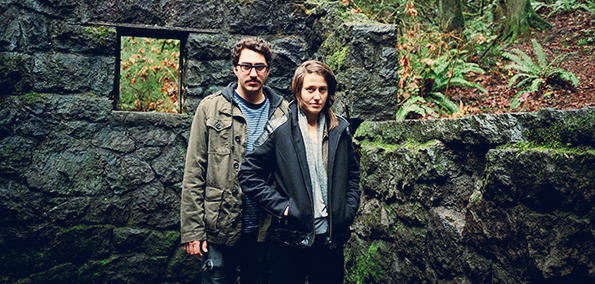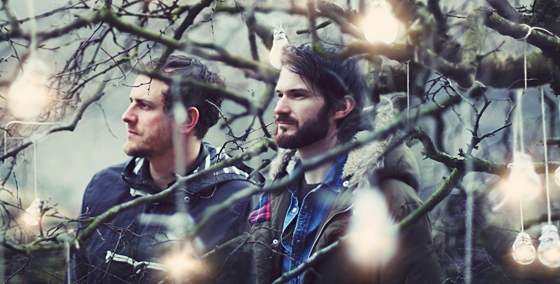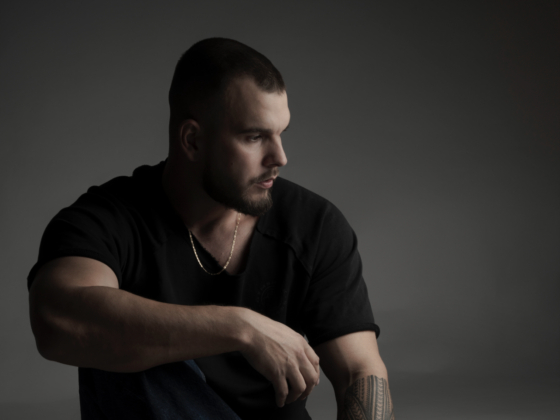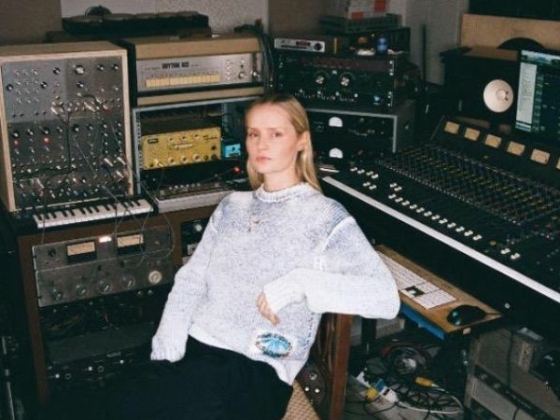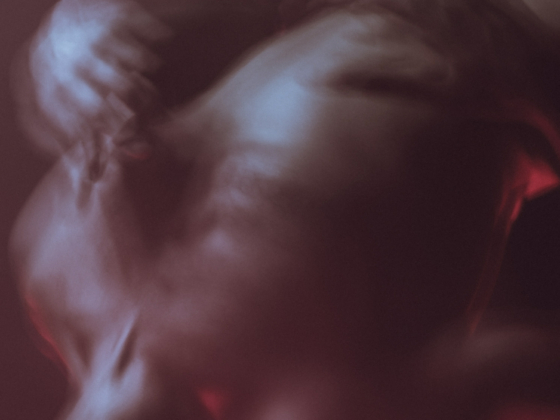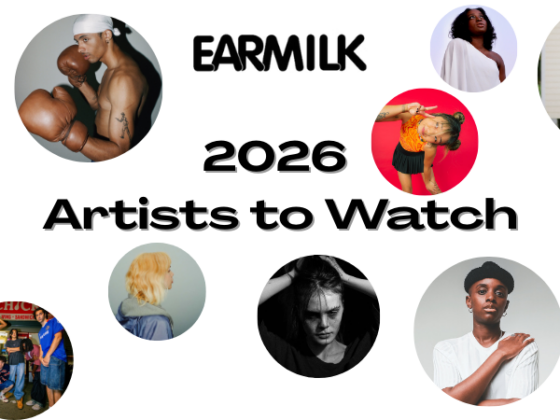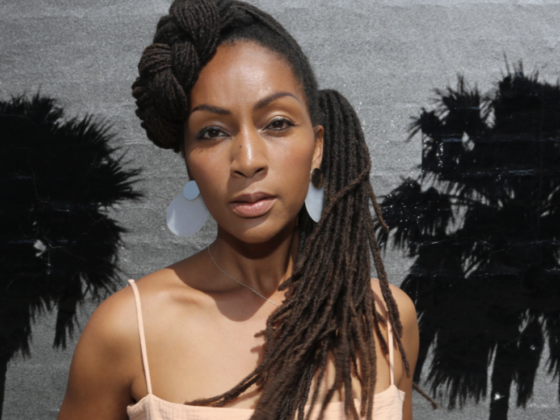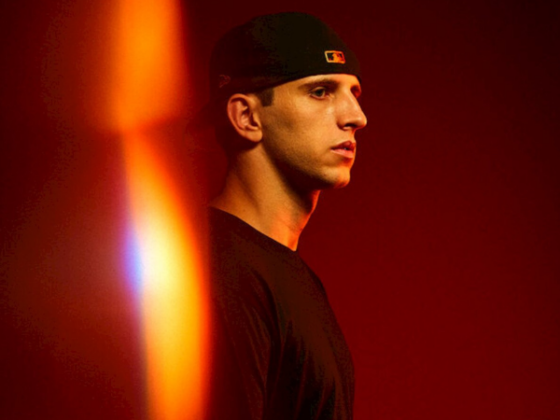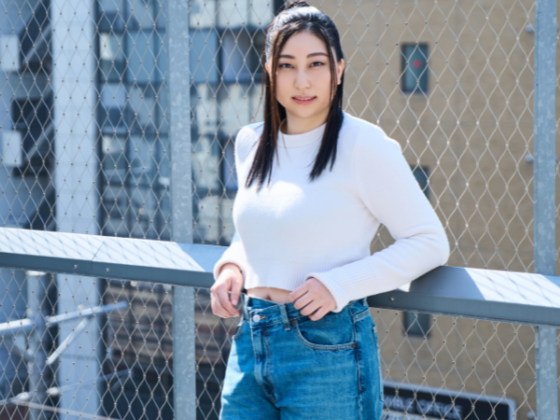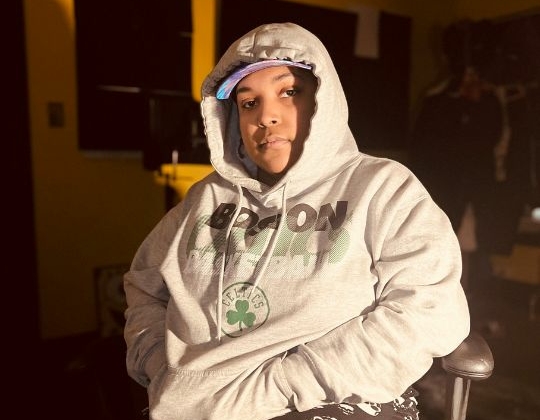One of the best things about Seattle's Decibel Festival a little less than a month ago was that it felt like an insider gathering, in both a friendly, familial sense and, admittedly, from a networking perspective. From dance floor to recital hall to classroom to auditorium, artists big and small didn't just perform, they also attended one anothers' showcases and freely shared their music knowledge. Some of the festival's most dynamic presentations happened on Friday, when Ableton arranged talks and panels featuring artists like Olafur Arnalds, The Sight Below, Pezzner, and many more.
Having seen Olympia's Ghost Feet perform the night before at The Crocodile, I couldn't help but appreciate their setup even more after seeing their presentation, where they broke down how they perform using Ableton and an assortment of instruments, combining meticulously-planned structure and organic instrumentation.
After their presentation, we sat down on the lawn outside Broadway Performance Hall in Capitol Hill and chatted a bit more about how Ghost Feet came to be, their process for working on music, and what's up next for them (hint: they have a full-length album coming out before the end of the year on Portland label Dropping Gems).
EARMILK: To start, since we just came off your Ableton presentation, do you want to give a summary of your stage setup and how that works?
Calvin: I play the background sample stuff, some midi drums, sometimes a real drum set, bass, that's pretty much what I do.
Sonny: I'm running bass and guitar. My guitar goes into Rachel's computer, where all the guitars are located. Bass guitar is usually to a mixer or a direct input.
Rachel: Yeah, we don't use amps, so, as Sonny said, I'm running my guitar through an interface which connects to the computer and using Ableton and various other sources for effects.
[soundcloud url="https://api.soundcloud.com/tracks/99479274" width="100%" height="166" iframe="true" /]
EM: How did you start making music together?
Calvin: My sister was living with Rachel in Olympia before I moved there, and she called me and said, "hey, my housemate Rachel plays really dope guitar, and you make beats, you guys should link up and try something out." So I moved up there, and soon after we started making music together and playing basement shows in Olympia.
Rachel: Mhm. At the time, I used an amp and we ran it through this keyboard amp, which the main background beats went through. It was more of a basement, house type setup in the early stages.
Calvin: Yeah, we never really got into the club scene until we met the Dropping Gems crew and started playing with them, which opened us up to better sound systems, but we had to adapt to that.
EM: And did that influence the sort of music you were making?
Calvin: Definitely. The Dropping Gems crew is a big influence on us.
Rachel: Yeah, they were down with our style, and sort of inspired a more dynamic way to keep creating a more live setup for stages.
[youtube]https://www.youtube.com/watch?v=0SZ6fLHZ2b4[/youtube]
EM: What other music is inspiring you right now?
Sonny: I feel like you guys were digging that Boards of Canada.
Rachel: We love Warp Records. We're inspired by a lot of music that was made, even in the 1990s or early 2000s. Sometimes Calvin and I listen to different bands here and there, it's really all over the place. I listen to a lot of techno right now. That's my steez.
[soundcloud url="https://api.soundcloud.com/tracks/85066499" width="100%" height="166" iframe="true" /]
EM: How did you start listening to electronic music?
Calvin: For me, it was in middle school when I started listening to Radiohead, and their Kid A album got me into electronic music. From there, I found out about Warp Records, Boards of Canada, Aphex Twin, and really got into that stuff in high school, and started making music myself as well in that genre.
Sonny: I used to play in punk and hardcore bands when I was in middle school and high school. And there was a certain point, they said this before, my brother showed me this song by Pinback, and was like, yo, this is two guys, and opened my eyes to the idea of self-recording and layering, just me playing over myself. And that opened up all the doors to all of the various types of music that were like, individuals making all of this crazy music, rather than big bands. Sometimes it's just too hard to organize enough people; like, "when's band practice?," and someone has work, you know. It doesn't work out sometimes. And then moving out here, I moved across the country, so I had to do everything myself musically. That's pretty much how I got into it.
Rachel: I think when I was taking an art class in Houston when I lived there, I was like 14, and there was a really cool college radio station that played some old Massive Attack and Amon Tobin, and I didn't really know what electronic music was, I'd just heard bands that had sort of an atmospheric sound and kind of went from there.
EM: When you guys are producing music, how does the collaboration play out?
Rachel: Occasionally, it can start out from a loop that I would make from a guitar, and most of the recent time we've been a duo or a trio, we haven't lived in the same time. So I would send a little sample to Calvin, and then he could put a beat on it, and then we would work from there. Or it would be the other way around, where Calvin would be somewhere and would make a beat, and I would vibe on it and write something.
Calvin: Yeah. A lot of file transferring, and like we said in the workshop earlier, a lot of it is sending stuff back and forth, then we get a good foundation for something and jam on it, write new parts, change parts out.
EM: For artists working now, what do you think the internet has changed and made possible?
Calvin: I feel like I've always been on the internet. Without it, I don't know, we'd probably be sending tapes back and forth.
Rachel: We'd probably be mailing CDs and flash drives.
Calvin: It'd take a lot longer. It might sound different. But yeah, it helps a lot with sending ideas back and forth to each other across cities.
Sonny: I feel like also, without the Internet, our musical tastes would be so different. I wouldn't have had as many records as I do now, if I hadn't been able to download them, and because you can so quickly find out about an artist, you can just as quickly emulate their sound to an extent, or figure out what they're doing and how to do it yourself. I feel like that's how the internet has affected me, the ability to learn how to do things quickly and adapt.
[soundcloud url="https://api.soundcloud.com/tracks/109666289" width="100%" height="166" iframe="true" /]
EM: Speaking of adaptation, how much do you prepare for live sets and how much of it is improvised?
Calvin: We have this thing that we've been calling "Ghost Feet Camp," where we meet up probably four weeks before our show and spend Thursday to Sunday in a room together and just practice and practice, figure out what elements we're going to have in a song that we're going to play live. It's really time consuming but it's a lot of fun too, just hanging out. I feel like we spend a lot of time preparing for shows, because it's really important to us to be able to not only deliver something that we want to deliver and execute the right way, but also there's a lot of stuff we're dealing with so we have to troubleshoot a lot of the time and export out different versions, work on everything.
Rachel: Yeah, it's a lot of pre-preparing of elements. There is room for improvisation. But I think it's more centered around how we practice it in the studio.
Sonny: What we're playing is always being improvised, as far as our actual instruments, I don't think I really play the bass the same every time, but the structure is consistent. What we're playing is almost always different. Which is why we practice so much when we do, because we're just playing it and Calvin will be playing bass and be like, "what if we do it this way?," and then we go back to the drawing board, it's a lot of back and forth.
Calvin: Up until the last day, right before we play even.
Rachel: Sometimes big decisions get made the day before we leave to drive to Seattle to go play a show.
EM: And you guys are working on an album right now, right?
Calvin: Relating to how we keep playing shows and changing how we're playing it, we've been sitting on a group of songs for probably over a year now. And right now, we just have to record one more thing that we recently changed and then I think it's pretty much done after that. We have this music video that we're thinking about doing, and we're releasing it through Dropping Gems. It should probably come out either really late this year or early next year.
EM: What were some of the thoughts behind the album?
Rachel: Well, the album is called Together Alone, and for a lot of the time we made the album, Calvin and I weren't together. And I don't know, I think each song kind of tells a story, and there's not a song on it that we don't feel represents some sort of a feeling. There was a time when we had a track on the album that we didn't feel had as much meaning, and then one day Sunny actually stepped in and we made that song mean something. And the album as a whole kind of represents this relationship. That's the best way I think I can describe it.
EM: Do you usually work on a song-by-song basis?
Calvin: Yeah, we work on songs, but sometimes, I mean, over the past year and a half we've probably made like 30 songs, so we decided on like ten to work on. And sometimes we'll take the older ones that had a really cool beat and not so much atmospheric stuff and we'll drop it into this other song, and sometimes it'll just be the perfect addition to it. We call that "resurrecting." Resurrecting old components, piecing them together.
[soundcloud url="https://api.soundcloud.com/tracks/59224294" width="100%" height="166" iframe="true" /]

